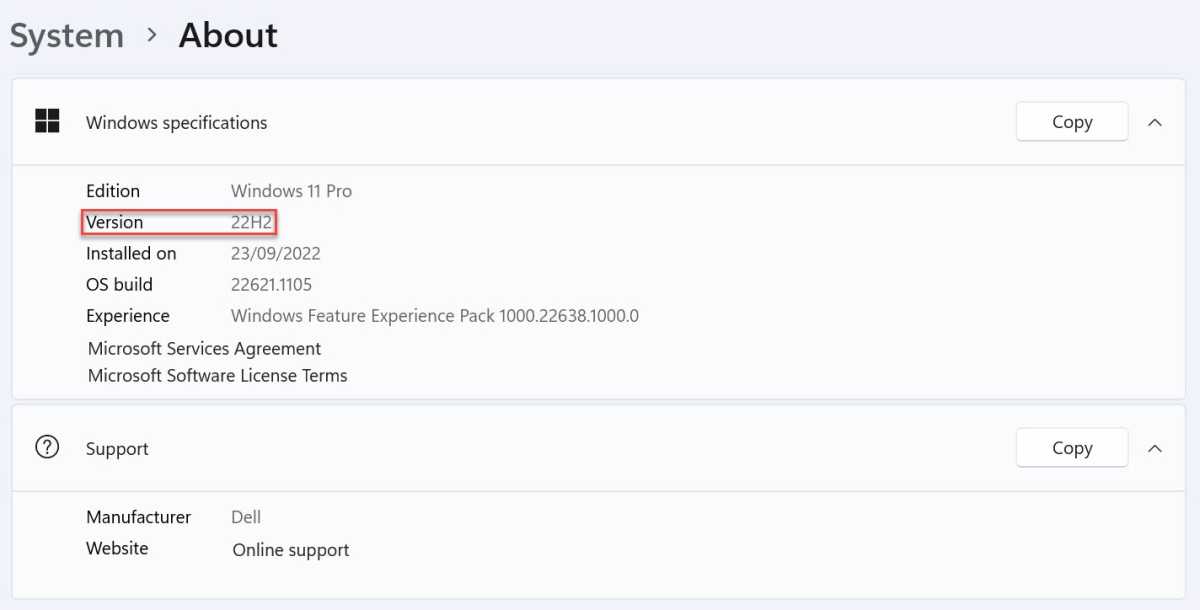When purchasing a new smartphone, tablet, laptop, or desktop, software support is a key consideration. How long can you use the device before it stops receiving updates and becomes vulnerable to bugs and other malware?
This typically ranges from two to five years on Android, while iOS offers six as standard. macOS ranges between 5 and 7 years old, but Windows is the clear winner in this area.
Major releases are supported for up to a decade, after which you may be able to update for free. But when will Windows 11 stop being supported? Here’s what we know so far.
How long will Windows 11 be supported?
Microsoft has not yet confirmed when Windows 11 will end support. That’s no surprise, as it usually doesn’t reveal the date until a new release is here. For Windows 10, that was June 2021, right after Windows 11 was first announced.
Assuming this remains the case, the Windows 11 end-of-life announcement will take place after the next major release is made official. It’s rumored to be called Windows 12 and coming sometime in 2024.
You won’t need to update right away, but it’s important to do so before its end of life. Here are the general support dates for the latest iterations of Windows:
- Windows 10 – July 2015-October 2025
- Windows 8.1 – October 2013-July 2018
- Windows 8 – August 2012-January 2016
- Windows Vista – January 2007-April 2012
- Windows 7 – October 2009-January 2020
Extended support generally continues beyond these dates, but it is general support that is most relevant to consumers. Typically, you’re looking at five years for releases with mixed reviews, but a decade for popular ones.
It remains to be seen where Windows 11 ends up. But if Windows Central’s report of a new major release every three years turns out to be true, Windows 11 could end support sooner than expected.
Should I update to Windows 11 before end of support?
Yes. Microsoft will continue to support Windows 11 for at least a few more years, but only if you keep updating your device.
You don’t need to install every monthly security update, but each “feature” update is only supported for a limited time. Here are the deadlines for the two that have been released so far:
Not sure which one you are using? Head to Settings > System > About and check under “Windows Specifications”.

Anyron Copeman / Foundry
It’s very unlikely that you’ll go two years without updating your device (unless you never use it) – especially if you don’t turn off automatic updates.
What will happen after Windows 11 end of support?
It’s worth clarifying what Microsoft means when it says “end of support”. To mark the end of extended support for Windows 8.1 in January 2023, Microsoft has confirmed that it will no longer provide the following:
- Technical support for any problem
- Software updates
- Security updates or patches
Devices still work, but remain vulnerable to viruses and malware. Many developers stop working on apps for an operating system once support is also over, which means you won’t get any new features and there might be bugs.
There have been times in the past when Microsoft has released a patch for a version it is no longer supported, but that depends on popularity and is far from guaranteed.
These guidelines are unlikely to change significantly when it comes to Windows 11.
Related Articles
Table of Contents








